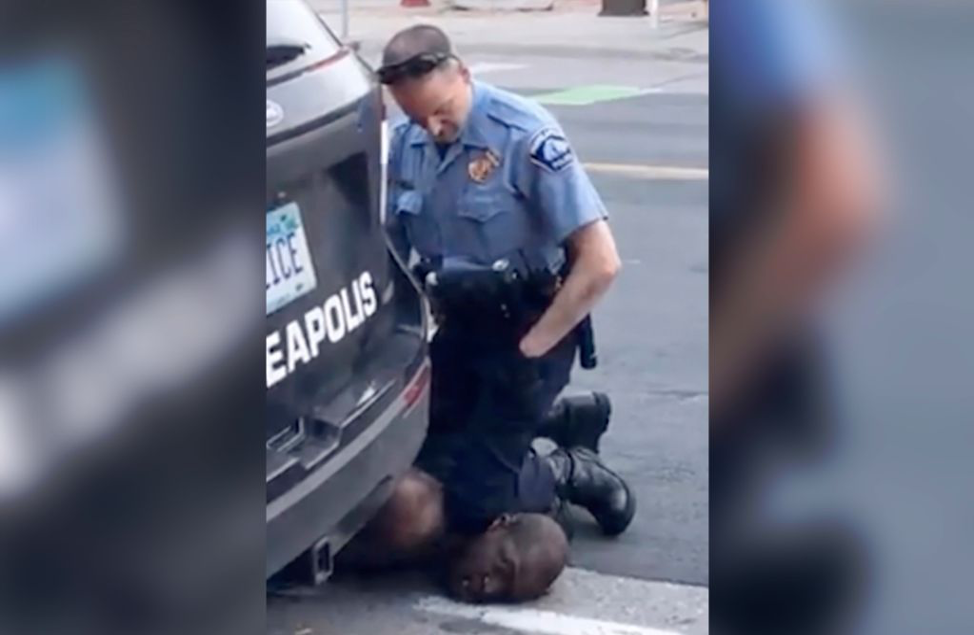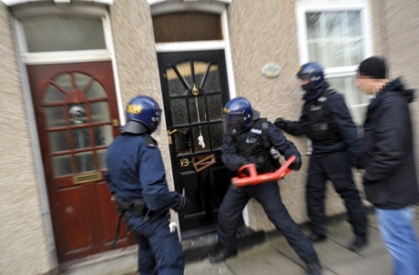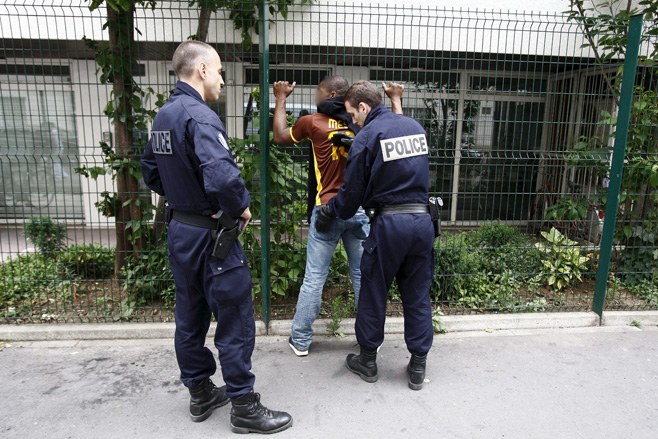ABDO LAW has several publications dedicated to “frequently asked criminal law questions and topics”. This publication is committed to the topic of pretrial conferences and probable cause conferences in Macomb County District Courts. The signficance of pretrial conferences and probable cause cannot be ignored. The vast majority of criminal cases are resolved by a plea bargain during these stages of the criminal process. According to the Bureau of Justice Statistics, about 95 percent of criminal cases in the state and federal system are disposed of through the process of plea bargain.
What is a pretrial conference? A probable cause conference?
Pretrial conferences are scheduled in both criminal and civil cases. For criminal misdemeanor cases, a pretrial conference is a meeting that is scheduled by the court and attended by the defendant’s attorney and the prosecuting attorney. The major purposes of a pretrial conference and probable cause conference is to facilitate resolution of a case, management of a case for trial or management of a case regarding other housekeeping matters (listed below). Generally, the Judge and witnesses are not directly involved in the conference process. However, the victim will be advised regarding the outcome of a pretrial conference and most prosecuting attorneys require the consent of the victim to any plea bargain to reduce or amend criminal charges. In addition to negotiations and plea bargaining, there may be pretrial hearings on the validity of confessions, searches, identification, etc. Other matters covered at the pretrial conference include motions and requests to determine whether evidence will be admitted or suppressed at trial. In truth, most judges hate trials and will encourage the litigants to strive for case resolution. If a case is not resolved, the court may schedule additional pretrial conferences to give the parties an opportunity to fully explore the possibility of plea bargaining. Getting a criminal charge dismissed is also a possible pretrial conference result.
In criminal matters, a pretrial conference is scheduled for every misdemeanor and a probable cause conference is scheduled or all felony cases soon after a case is filed with the court and a case number is assigned. In Macomb County, criminal pretrial conferences and probable cause conferences are held soon after the arraignment. Depending on the policy of each court, the pretrial conference will either be held remotely (ZOOM) or LIVE at the district court location (links to Macomb County District Courts). Conferences for felony matters may occur on the date scheduled for the probable cause conference and the preliminary examination,
The direction of a criminal case is often determined after a pretrial conference. Pretrial conferences are a vital tool, which a skilled criminal defense lawyer will utilize for several reasons:
- Promote dismissal of the charge(s) under certain circumstances
- Negotiate a favorable plea bargain
- Use a probable cause conference to negotiate reduction of a felony to a misdemeanor
- Address bond, bond conditions and/or release from jail
- Adjourn the pretrial conference to seek a deviation when strict policy obstructs a plea bargain
- Request modification of no-contact order (domestic violence cases)
- Negotiate restitution when financial losses are claimed
- Obtain the input of the presiding judge regarding a technical matter or a special request such as a specific sentence.
- Size up the prosecution’s case, witnesses and evidence
- Request copies of discovery (police reports, videos, chemical test results)
- Schedule one or more motion dates to attack the evidence, or to weaken the case
- Set future pretrial conference date to promote resolution of a case
- Schedule the case for a bench or jury trial
Factoid: A person who is accused of a crime is not considered a “defendant” until that person is formally charged with a crime. Our criminal defense lawyers never refer to our clients as “defendants” when speaking to the court or prosecutor because of negative connotations. We prefer to refer to our clients by their given name or “the accused”.
What is the attorney’s role at a pretrial conference?
The best way for me to summarize an attorney’s role at a pretrial conference is by mentioning a few passages from the Michigan Rules of Professional Conduct. A lawyer is a representative of clients, an officer of the legal system and a public citizen having special responsibility for the quality of justice.
- As advocate, a lawyer zealously asserts the client’s position under the rules of the adversary system.
- As negotiator, a lawyer seeks a result advantageous to the client but consistent with requirements of honest dealing with others.
What is the defendant’s role at the pretrial conference?
Unless otherwise excused, attending the pretrial conference is mandatory at all courts located in the counties of Macomb, Oakland, Wayne and St.Clair. Prior to the pretrial conference, the criminal defense attorney works together with the defendant to set goals and/or lay out solid strategies which will lead to productive negotiations. At the conclusion of a pretrial conference, the defendant will be advised of the results which may lead to final resolution of the case. The consent of the victim may also be required before the prosecuting attorney can offer a plea bargain. If the client accepts the negotiated result and the victim does not object, the defense attorney and the defendant will appear before the judge to spell out the terms of the plea bargain on the court’s record. If necessary, the pretrial conference may be adjourned to further work up a case or to explain the outcome of a pretrial conference in greater detail to the defendant outside of formal court proceedings. Most courts are willing to grant additional pretrial conference dates at the request of either the defendant’s attorney or the prosecuting attorney.
Pretrial Conference: Now Scheduled Live or Remote
Prior to the pandemic of 2020, all pretrial conferences were scheduled at the court building where the case was filed. However, during the pandemic, the courts evolved to allow pretrial conferences to be held remotely via on-line computer platforms such as ZOOM. (click here for ZOOM SUPPORT) Each court has its own policy as to whether a hearing will be scheduled “in person” or “remotely”.
After the pretrial conference, the defendant and his or her attorney will appear in open court and inform the Judge of the results. The Judge has the final say regarding the outcome of a pretrial conference. For example, certain plea bargains may be against the Judge’s own policy and may require some persuasion and legal authority. In addition, the Judge may show frustration when the parties are attempting to adjourn (delay) cases. Since adjournments tend to clog court dockets, the Judge will require that “good cause” be shown.
Our experience is that a pretrial conference is an invaluable opportunity to advocate on behalf of our clients. Advocacy includes elements of assertiveness and diplomacy. We often can achieve a disposition after the pretrial conference. This may result in a plea bargain, which may have the effect of dismissing the criminal charges in exchange for completion of probation. It is our job to protect our client’s rights and seek the best possible outcome, which may mean saving a client from being exposed to egregious facts and the expenses of an unnecessary trial. The defendant remains the ultimate decision-maker when presented with options after the conclusion of a pretrial conference.
How are drunk driving, retail fraud and other prevalent cases resolved at the pretrial conference?
We know that being charged with a crime can be a life changing event. Based upon our experience, we look for ways to get your life back on track and get you out of the criminal justice system with the best result. In Macomb County, the majority of misdemeanor cases on the docket consist of drunk driving, retail fraud, domestic violence, driving while license suspended, leaving the scene of an accident, and disorderly conduct. Some of the more prevalent felony cases are assault with a dangerous weapon, uttering & publishing, embezzlement, possession of analogues, and carrying a concealed weapon. The following are possible scenarios for these prevalent criminal cases and how they can be favorably resolved during the pretrial conference or probable cause conference stage of a criminal case:
- Drunk Driving: Seeking a reduction to impaired driving or a non-criminal offense under exceptional circumstances.
- Super Drunk Driving/.17 or more: Seeking a reduction to impaired driving when a client can demonstrate low likelihood to be a repeat offender.
- Retail Fraud: A first time offender can expect to get the charge deferred and dismissed after a short period of probation.
- Domestic Violence: First we try to find out if the victim wants it dismissed and then look for ways to get the case dropped.
- Driving while License Suspended: Seek reduction of the charge to a lower offense to avoid points and avoid additional license suspension.
- Leaving the Scene of an Accident: Avoid 6 points associated with this offense, avoid jail, and get the charge reduced.
- Disorderly Conduct: Obtain a deferral and dismissal after a short period of probation.
- Felony/Assault with a Dangerous Weapon: Reduce to a misdemeanor unless the victim insists upon dismissal and is not likely to cooperate with the prosecutor.
- Felony/Uttering & Publishing: U & P is a felony that can carry up to 14 years in prison. Avoiding a felony record and avoiding jail is entirely possible when we can offer payment of full restitution.
- Felony/Embezzlement: Embezzlement over $1,000.00 is a felony that can carry up to 5 years in prison. Getting a felony record is unacceptable. Payment of full restitution and negotiating reduction to a misdemeanor is a realistic goal.
- Possession of Analogues: Possession of analogues is a felony. Pursuant to MCL 333.7411, all drug possession crimes can be dismissed and the record sealed when resolved pursuant to MCL 333.7411.
- Felony/Carrying a Concealed Weapon: CCW can carry up to 5 years in prison. A realistic goal in handling CCW cases is to get the felony reduced to a misdemeanor such as improper transport of a firearm.
Some other important things to know about pretrial conferences
- Denial of a pretrial conference may constitute a denial of “due process” rights. US vs. Ataya, 864 F2d 1324 (1988).
- No admissions made by the defendant’s lawyer in the setting of a pretrial conference are admissible against the defendant during trial.
- Pretrial Conferences for federal criminal cases are governed by Federal Rule of Criminal Procedure 17.1.
Macomb County Court Links:
37th District Court: Warren & Centerline
38th District Court: Eastpointe
39th District Court: Roseville & Fraser
40th District Court: St. Clair Shores
41A District Court Sterling Heights Division
41A District Court: Shelby-Utica-Macomb Township
41B District Court: Clinton Township-Harrison Township-Mt. Clemens
42-1 District Court: Romeo-Washington Township-Armada-Bruce Township-Ray Township-Richmond-Memphis
42-2 District Court: New Baltimore-Chesterfield Township-Lenox Township-New Haven
 Michigan Criminal Lawyer Blog
Michigan Criminal Lawyer Blog






 What is a plea bargain?
What is a plea bargain?
 In the
In the 